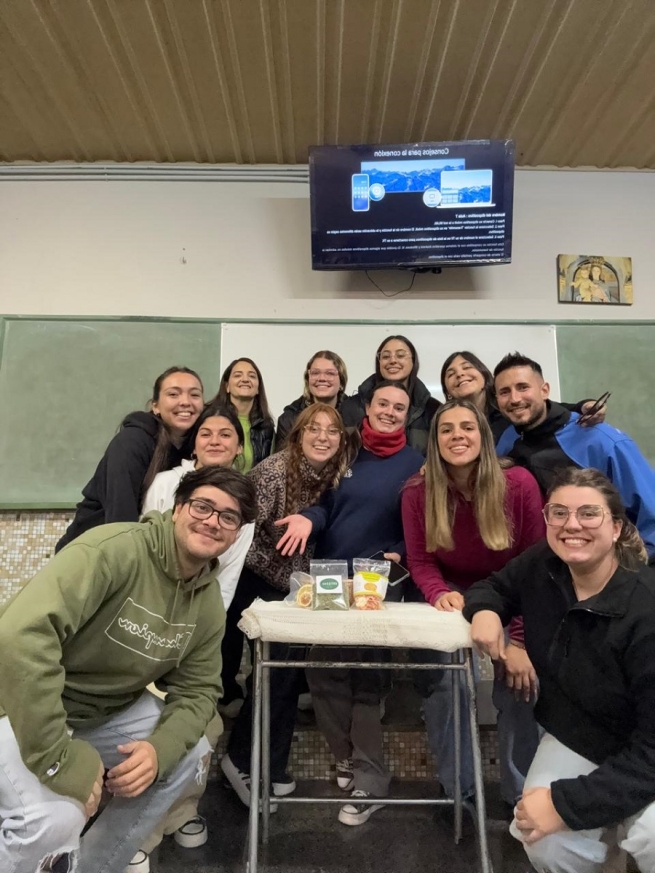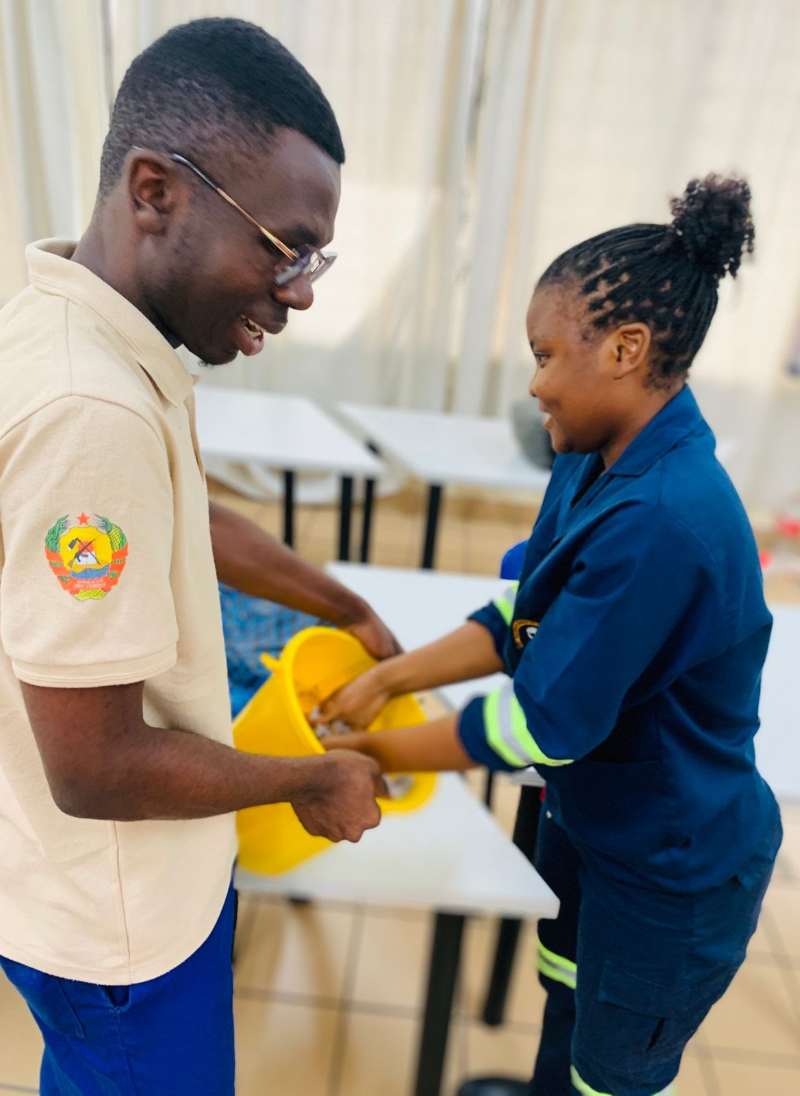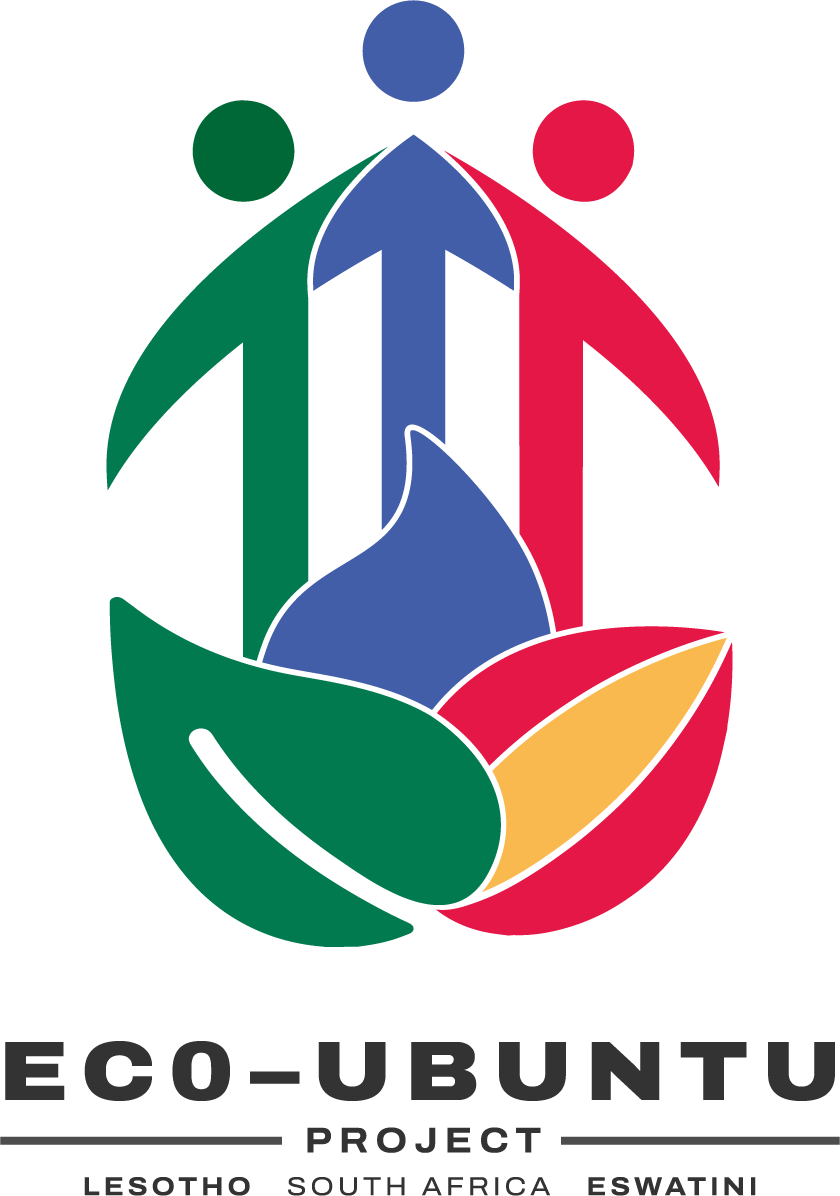GUATEMALA: Young women from Salesian Talita Kumi Center eliminate use of disposable cups and plates

Strategy led by students reflects commitment to sustainable future
(MissionNewswire) Young women from the Salesian Talita Kumi Center, located in San Pedro Carchá, Guatemala, have taken another step in reaffirming their commitment to environmental sustainability. As part of a strategy led by students, the center has eliminated the use of disposable cups and plates during student snack times and replaced them with reusable utensils to significantly reduce waste generation within the educational center.
A student explained, “This action addresses a growing concern, as disposable products not only generate large volumes of waste but also release toxic substances that contaminate soil and water sources, severely affecting wildlife, oceans and human health. Many of these items also contain harmful chemicals that can be absorbed by the body with each use.”
With this initiative, the Talita Kumi Center not only promotes a cleaner and healthier environment but also fosters environmental awareness among its students, most of whom are young Q’eqchi’ from rural communities. By adopting these practices in their daily lives, they also become agents of change in their communities, where the overuse of disposables has increased.
The student added, “Small actions, such as using reusable utensils, can have a significant impact. At Talita Kumi, our choices as students reflect a genuine commitment to building a more sustainable future.”
Salesian missionaries working and living in the country have been providing for the basic needs of Guatemala’s youth while helping to break the cycle of poverty in their lives. They work extensively with youth and their families at youth centers, orphanages, parishes, and primary and secondary schools. They also operate technical schools, vocational training workshops and two universities in the country.
Rural poverty hasn’t changed much in Guatemala during the last 20 years, according to the World Bank. While 70% of Guatemalan citizens live below the poverty line, the number is as high as 91% for its Indigenous population. Many rural residents in Guatemala have only completed sixth grade. This is largely due to the expenses required to send children to schools which are often located far from their homes.
###
Sources:
Photo courtesy of Don Bosco Green Alliance
Don Bosco Green Alliance – At FUNDEMI Talita Kumi, We Say No to Disposables
Salesian Missions – Guatemala
World Bank – Guatemala





